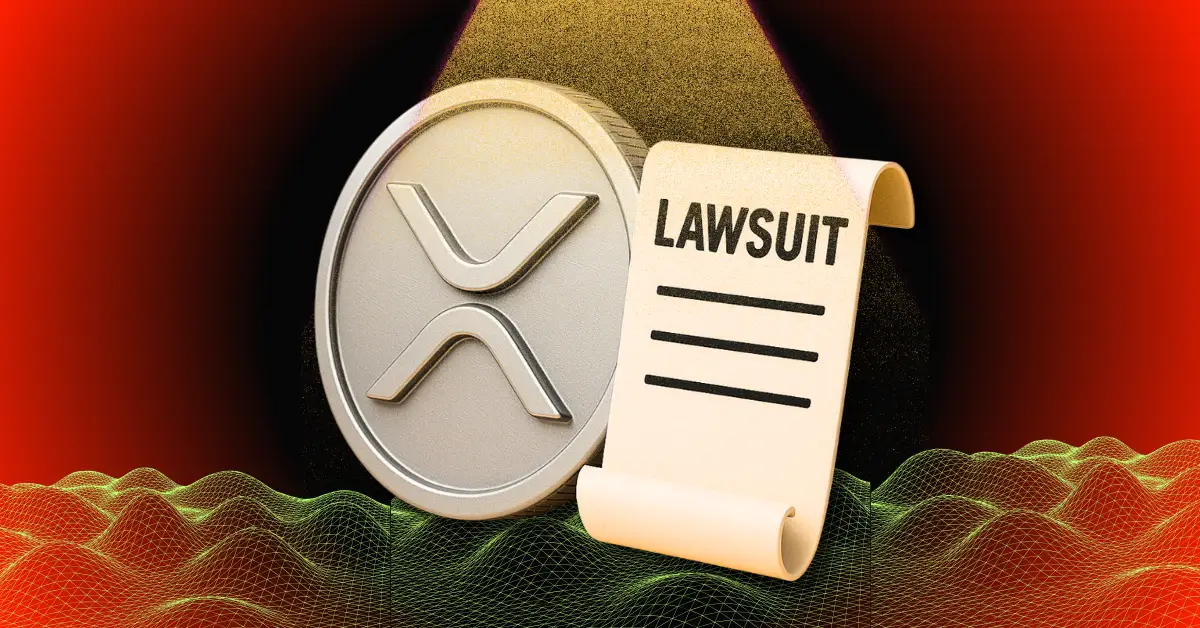The Ripple vs. SEC Lawsuit: Decoding the Legal Battle and Its Broader Implications
The legal confrontation between Ripple Labs and the U.S. Securities and Exchange Commission (SEC) stands as one of the most pivotal moments in the intersection of cryptocurrency and regulatory law. Since 2020, this dispute has illuminated the challenges of categorizing digital assets within existing legal frameworks. The unfolding developments, legal maneuvers, and the judiciary’s firm stance provide a window into not only Ripple’s fate but the regulatory future of cryptocurrencies in the United States.
A High-Stakes Legal Drama: The Core Conflict
At the heart of the dispute lies a fundamental disagreement on the nature of XRP, Ripple’s native token. The SEC asserts that Ripple engaged in an unregistered securities offering by selling XRP, arguing it should fall under securities regulation. Ripple, countering this claim, maintains that XRP resembles cryptocurrencies like Bitcoin and Ethereum, which have not been classified as securities.
Judge Analisa Torres’s July 2023 ruling gave Ripple a substantial partial victory by determining that XRP sold on public exchanges does not fit the legal definition of securities. Yet, significant ambiguity persists regarding institutional sales, keeping the legal narrative open-ended and tension-filled.
Navigating Procedural Complexities: Court Rulings and Settlement Setbacks
Since early 2025, Judge Torres has been a decisive actor, shaping the lawsuit’s trajectory by underscoring judicial rigor and procedural discipline. Multiple attempts from Ripple and the SEC to resolve the matter through settlement have met judicial resistance, primarily because of procedural deficiencies.
Key developments include:
– Repeated Denials of Settlement Motions: Attempts to settle, including a notable $50 million deal aimed at reducing penalties, were declined. The judge emphasized that these settlements lacked the “exceptional circumstances” needed under Rule 60, indicating the court’s insistence on high standards before endorsing compromises.
– Dismissal of Indicative Ruling Requests: Efforts to clarify legal positions through indicative rulings were rejected due to procedural errors, further complicating the path toward resolution.
– Blocking of Settlement Revisions: Renewed attempts to revise settlement terms also faced judicial obstacles, showcasing the court’s commitment to procedural propriety over expedient settlements.
These judicial actions highlight the challenging environment for both parties, conveying that shortcuts or half-measures are unlikely to succeed.
The Road Ahead: Deadlines and Strategic Recalibrations
A critical milestone looms on June 16, 2025, when the SEC must file a status report to inform the court whether the parties seek more time for negotiations or intend to proceed with trial or judgment. This deadline carries significant weight, as the next few weeks may determine whether the lawsuit advances or momentarily pauses.
Legal experts remain doubtful about any final rulings or settlements emerging before July 2025, pointing to the absence of new filings following the recent denials and the sense that both sides are reevaluating their strategies amid procedural and substantive challenges.
Diverging Legal Strategies: Examining Ripple’s Defense and the SEC’s Enforcement Approach
Ripple and the SEC continue to occupy distinct legal positions, with each side staking substantial claims:
– SEC’s Position: The Commission pushes aggressively for up to a $2 billion penalty and an injunction to prevent XRP sales to institutional buyers. This hardline stance reflects broader regulatory concerns about unregulated crypto offerings.
– Ripple’s Defense: Leveraging Judge Torres’s earlier ruling, Ripple underscores that XRP is not inherently a security. Their argument pivots on the specific circumstances of sales, emphasizing that regulatory focus should be context-dependent rather than categorical.
– Calls for SEC Admission: Defense attorneys argue that for meaningful resolution, the SEC must acknowledge missteps concerning claims of investor harm, a move that could open negotiation pathways but remains contentious.
This legal schism epitomizes the broader debate over regulatory boundaries, responsibility, and the evolving nature of digital financial instruments.
Market Reverberations: XRP Price Volatility Amid Legal Ambiguity
The lawsuit has undeniably impacted XRP’s market performance and investor confidence:
– XRP prices have fluctuated between 4% to 18% drops in response to adverse court decisions, illustrating how legal developments directly affect market sentiment.
– Nevertheless, broader trends in the volatile cryptocurrency market sometimes overshadow XRP-specific legal news, though the eventual resolution of this lawsuit is widely recognized as a potential template for future regulatory clarity.
Judicial Character: Judge Torres’s Steadfast Application of the Law
Judge Torres’s role transcends routine adjudication; her rulings reflect a judicial philosophy emphasizing procedural precision and due process. By denying settlements perceived as legally incomplete or procedurally flawed, she signals that the judiciary will not facilitate expedient resolutions at the expense of fairness.
Observers note her consistent stance resists retracing prior decisions or relaxing standards, which means both parties must come forward with robust and procedurally impeccable arguments to move the case forward.
Charting the Future: What Lies Beyond the Legal Deadlock?
As June 16 approaches with the SEC’s status report deadline, the Ripple vs. SEC saga remains mired in uncertainty. Both sides appear ensnared in cautious strategy shifts amid judicial expectations for exacting procedural compliance.
Ripple’s challenge is to build on favorable rulings while demonstrating openness to negotiation to possibly break the stalemate. Conversely, the SEC may need to reconsider its hardline position and acknowledge potential miscalculations to unlock a resolution. Yet, entrenched positions and judicial rigor suggest that the final phase of this legal drama will demand patience, precision, and perhaps unexpected compromise.
Final Thoughts: A Legal Crossroads Shaping Cryptocurrency’s Regulatory Landscape
The Ripple lawsuit encapsulates the intricate tension between innovation-driven technologies and traditional legal systems. It raises fundamental questions about how securities law adjusts to the realities of decentralized digital assets and investor protections.
As the crypto community and broader markets await June’s developments, each court filing and ruling carries the potential to redefine regulatory norms not just for Ripple, but for the entire digital asset ecosystem. This case is more than a legal dispute—it is a defining chapter in harmonizing technological progress with the rule of law in an evolving global economy.

